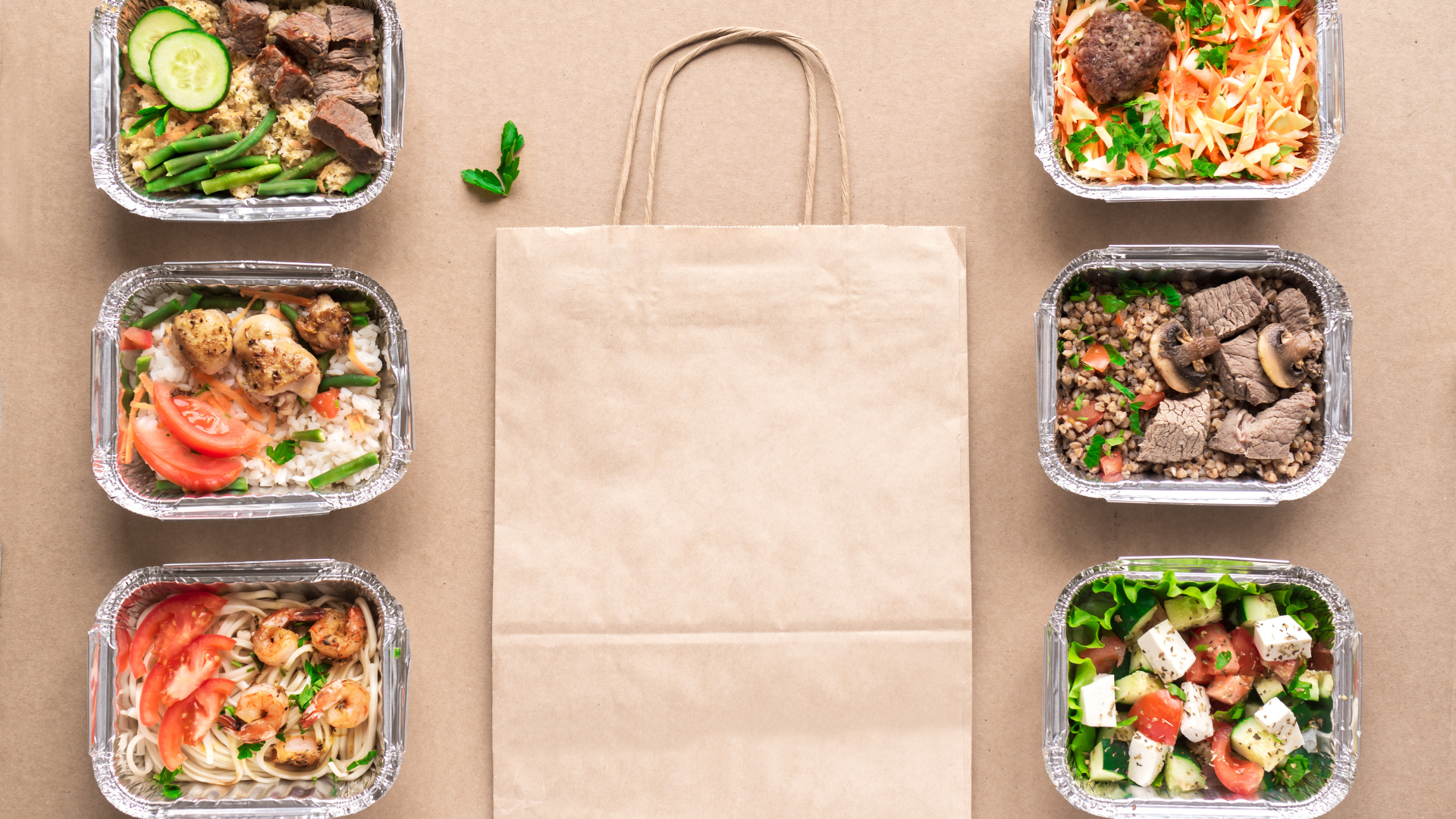A heavy meal is a dieter’s worst nightmare—a plate loaded with food that is too rich and filling to move. While heavy meals are a symptom of poor eating choices, many dieters turn to them as a coping mechanism to avoid the discomfort of eating only small portions of food. These “comfort” foods can slowly replace healthy, nutritious foods in your diet and change you from a calorie-counting dieter to a calorie-eating dieter.
If you’re an athlete, what you eat after your workout can have a significant impact on how quickly you recover. For some, that’s good news, while others may find themselves struggling to meet recovery goals. But heavy meals after a workout can potentially become a day-long cheat day if you’re not careful. So how do you balance your post-workout nutrition so that you’re able to recover and refuel fully?
3 meals a day isn’t the only diet plan out there. Introverts, for example, tend to eat 3-4 smaller meals throughout the day instead of three or larger meals. Intermittent fasting also gains momentum as a popular way of eating, where you restrict your eating window to 12 hours a day (or even 9-24 hours). And, some people follow a juice fast, where they only eat juice—the juice usually consists of fruits and vegetables. So, can heavy meals become a lifestyle?
Most people have indeed been taught to eat three square meals a day, but is this actually helpful? In a new study, researchers found that people who eat more than three meals a day tend to gain weight, while those who eat fewer meals per day tend to lose weight. But does this mean you can pack your lunch for work and skip the ridiculous morning rush? Not necessarily. While the participants who were randomly divided into 6 different diets were given their meals in standardized portions with instructions to eat three meals a day until finally reaching their calorie goal, the study found that if you eat six smaller meals, your body takes in more calories and your metabolism increases.
What Type of Diet is Most Beneficial for Long Term Health?
Many diets claim to give fast results, but fast-food diets, like the keto and paleo diets, are often unsustainable. Once you stop eating burgers and fries, you’re very likely to crave them and crave them often. A diet that will actually help you lose weight and keep it off is one that allows you the freedom to maintain a healthy life. Ultimately, you should be eating for good health, not weight loss. And a healthy diet doesn’t have to be bland or boring. It’s recommended that you eat a variety of fruits, vegetables, whole grains, and lean proteins, all of which have anti-inflammatory properties and help prevent chronic diseases.
- Ketogenic Diet. The ketogenic diet, also known as the keto diet, is a low-carbohydrate, high-fat diet that was developed in the 1920s to help control epileptic seizures. Over time, it has evolved as a weight-loss tool for people struggling with obesity, type 2 diabetes, and even cancer. Since it was first introduced, the keto diet has quickly become popular. Still, a lot of misinformation has circulated, and many people are confused about what the keto diet actually is.
- Paleo Diet. The paleo diet is a diet centered around eating foods that humans naturally ate thousands of years ago. This focuses heavily on fruits and vegetables, nuts, seeds, and lean meat. This diet places less of a focus on sugar and carbs, which can also promote weight loss and management. The diet places no restrictions on specific foods, but paleo diet followers do not eat common cuts of meat, like pork, beef, and chicken. Seafood is allowed, but any product that is not canned or frozen must be eaten within 24 hours of being purchased.
Every diet imaginable promises to help you lose all the weight you want and keep it off permanently. But most diets fail in the long run because they are all designed to help you lose weight in the short term. When you are trying to lose a few pounds, cutting out carbs or eating only calories does at least appear to work. But once you go back to your normal eating habits—usually once your diet is over—the weight starts coming back. The real key to healthy, permanent weight loss is understanding how your body works and finding a healthy balance in the food you enjoy eating.
While everyone’s motivations to lose weight are different, most want to achieve better health. Weight loss is a healthy goal, but good health doesn’t end with the weight you lose. A healthy diet is a key to finding and maintaining a healthy weight. A healthy diet includes a variety of foods from each of the five food groups. A healthy diet also means you eat less saturated fat and more fiber, fruits, and vegetables. A healthy diet reduces your risk of dying from heart disease, stroke, diabetes, and some cancers.

